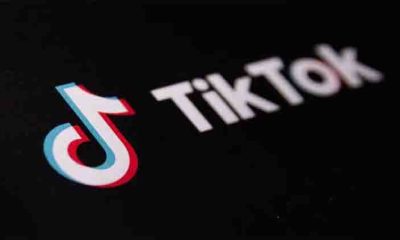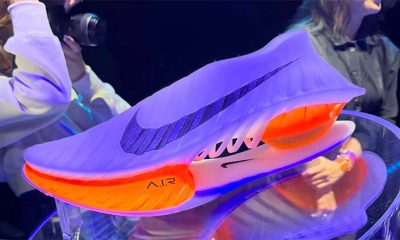Tech
China accuses Washington of wanting ‘technological hegemony’

Tech
Apple CEO says looking into possibility of building manufacturing facility in Indonesia
Apple CEO says looking into possibility of building manufacturing facility in Indonesia
Tech
TikTok quizzed by EU on TikTok Lite launch in France, Spain
TikTok quizzed by EU on TikTok Lite launch in France, Spain
Tech
SiTime introduces chip aimed at saving power in AI data centers
SiTime introduces chip aimed at saving power in AI data centers
-

 Fashion3 months ago
Fashion3 months agoGucci opens Milan Fashion Week with De Sarno’s dressy looks for men
-

 Fashion3 months ago
Fashion3 months agoAmi updates bourgeois styles for fall runway show at Paris Fashion Week
-
Fashion3 months ago
Louis Vuitton opens Paris Fashion Week with Pharrell Williams’ styles from American West
-

 Sports2 months ago
Sports2 months agoSon and Bissouma ready for Spurs game with Brighton
-

 Sports2 months ago
Sports2 months agoSinisterra signs long-term deal with Bournemouth
-

 Fashion2 months ago
Fashion2 months agoGiorgio Armani catwalk blooms with florals at Milan Fashion Week
-

 pakistan2 months ago
pakistan2 months agoECP convenes emergency meeting today
-

 World3 months ago
World3 months agoNorth Korea tests underwater nuclear drone, criticises US-led joint drills























